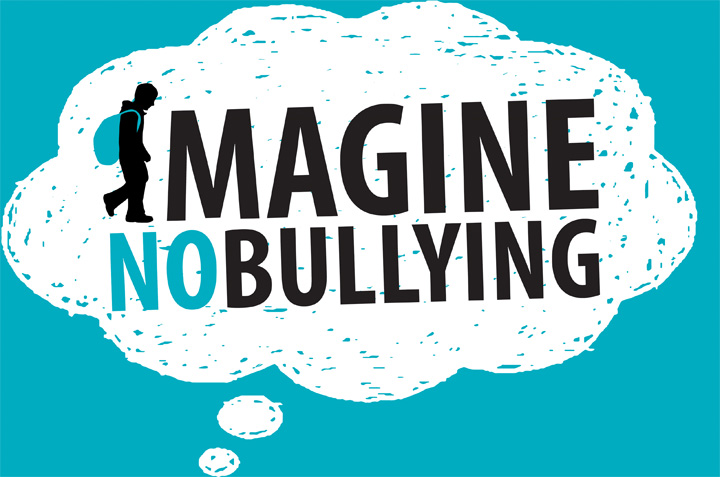Over the past few years, there have been a number of terrible stories involving young people who have felt driven to suicide by not only sexual assault or sexual exploitation, but also the incessant harassment and bullying by their peers that followed. This has led people to question why so many teens seem eager to ruthlessly judge or attack victims of terrible crimes. Have today’s youth lost their capacity for sympathy and empathy?

Although my upcoming blog will argue that large numbers of young (and older) people have indeed become nastier and less empathetic over the past few years, many teens have demonstrated great compassion and strength of character in the aftermath of such horrific events. Most importantly, the despicable treatment of victims of sexual assault or exploitation and other crimes can be explained, in part, by three psychological or cognitive processes/biases that have been around for many years: the Just-World Hypothesis, Black And White Thinking and Group Polarization.
Many people want to believe that the world is a fair place, with good people being rewarded and bad people getting the punishment they deserve. This type of thinking creates the illusion of safety and security through the belief that, “As long as I do the right things and stay away from bad people or questionable situations, I will be fine.” Accepting that bad things can happen to good people is distressing or psychologically unsettling for those with such belief systems because it suggests that they too can become victims of random—or, even more frightening—targeted acts of malice or they might suffer some other unfair consequence.
Research suggests that this Just-World hypothesis is more likely to be adopted by black and white thinkers, who can usually see only one side of an issue; they are unable or unwilling to hold two competing thoughts or beliefs in mind. In the present context, they would tell themselves that victims were asking for it by putting themselves in risky situations or otherwise making themselves vulnerable. Such individuals cannot recognize that holding someone accountable for their poor choices does not in any way excuse or minimize the repulsive actions of those who originally hurt them, nor of anyone who blamed or did not support them after the fact.
Group Polarization can further explain some of the disgusting reactions to such tragedies. People with a certain view or mentality, such as victim blaming, tend to become more extreme in their perspective after discussing things with like-minded individuals; the internet makes it easy for such a process to occur on a larger scale than ever before.
As a final point, readers should keep in mind that emotions typically override logic when dealing with controversial, personal, or sensitive issues. And few topics evoke stronger feelings than those having to do with sex or sexuality. It should thus come as no surprise that so many people seem susceptible to the aforementioned psychological/mental operations.
However, nothing in this blog should be misconstrued as an excuse for the kinds of reprehensible behaviours described above. Rather, it is important to understand some of the reasons behind what many would consider to be unimaginable or unacceptable attitudes and conduct. Only then might we have a better chance of preventing further recurrences of the kinds of tragedies that keep making the news these days.




Comments